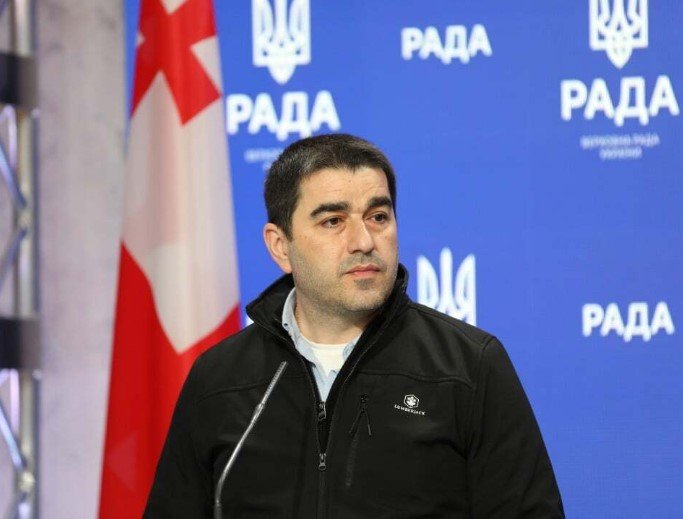Georgian Parliament Speaker Shalva Papuashvili has voiced strong opposition to the use of financial cooperation mechanisms as a means of exerting pressure on countries. In a recent statement, Papuashvili emphasized that such practices contradict the ethics of international cooperation and aid. His remarks come amid concerns over the suspension of financial aid to Georgia by the United States, which has sparked a broader debate on the ethical implications of financial diplomacy.
Ethical Concerns in International Financial Cooperation
The use of financial cooperation mechanisms as a tool for pressure raises significant ethical concerns. According to Speaker Papuashvili, leveraging financial aid to influence a country’s policies or actions undermines the principles of mutual respect and sovereignty. He argues that financial cooperation should be based on genuine partnership and support, rather than coercion.
Papuashvili’s stance highlights the importance of maintaining ethical standards in international relations. He asserts that every country has the right to manage its own resources and make decisions independently. The imposition of external pressures through financial means can lead to a loss of autonomy and create dependency, which is detrimental to the long-term development of the recipient country.

The ethical implications of using financial aid as a tool for pressure extend beyond the immediate political context. It can erode trust between nations and hinder genuine cooperation. By advocating for ethical financial cooperation, Papuashvili calls for a reevaluation of how international aid is administered and the need for transparency and accountability in these processes.
Impact on Georgia’s Financial Aid and Development
The suspension of financial aid to Georgia by the United States has significant implications for the country’s development. The aid, which amounts to over 95 million dollars, was intended to support various sectors, including healthcare and infrastructure. The halt in funding has raised concerns about the potential impact on ongoing projects and the overall economic stability of Georgia.
Speaker Papuashvili has reassured the public that the Georgian government is committed to continuing its development initiatives despite the suspension of aid. He emphasized that the government will prioritize the efficient use of domestic resources to ensure that critical projects are not disrupted. This approach aims to mitigate the immediate effects of the funding cut and maintain progress in key areas.
The situation also underscores the need for Georgia to diversify its sources of financial support. Relying heavily on aid from a single country can create vulnerabilities, as seen in the current scenario. By seeking partnerships with a broader range of international donors and exploring alternative funding mechanisms, Georgia can enhance its financial resilience and reduce dependency on any one source.
Future Directions and International Relations
Looking ahead, the debate on the use of financial cooperation mechanisms as a tool for pressure is likely to continue. Speaker Papuashvili’s remarks have sparked a broader discussion on the ethical dimensions of international aid and the need for reforms in how financial support is provided. This dialogue is crucial for shaping future policies that promote fair and equitable cooperation between nations.
The Georgian government is expected to engage in diplomatic efforts to address the concerns raised by the suspension of aid. Strengthening bilateral relations with other countries and international organizations will be a key focus. By building a network of diverse partnerships, Georgia can secure more stable and sustainable sources of support for its development goals.
In the long term, the emphasis on ethical financial cooperation could lead to a shift in international aid practices. Greater transparency, accountability, and respect for sovereignty are likely to become central tenets of future aid agreements. This evolution in international relations will benefit not only Georgia but also other countries facing similar challenges.
